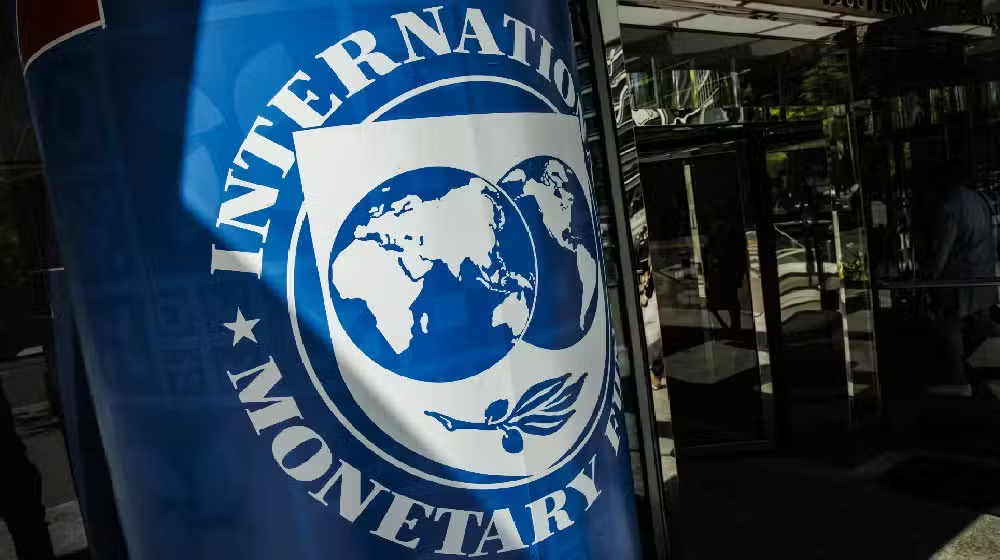
The International Monetary Fund (IMF) has strongly voiced its objections to Pakistan’s recent decision to import 500,000 metric tonnes of sugar under a near–zero tax regime. The government waived duties and slashed the sales tax from 21 percent to a mere 0.25 percent—coupled with a full duty exemption—arguing a food emergency and that the move was necessary to curb steep domestic prices induced by prior exports.
Yet this unprecedented waiver directly breaches Pakistan’s commitments under its $7 billion IMF loan program, which explicitly prohibits preferential tax treatments, including exemptions or zero-rated imports. The Federal Board of Revenue (FBR) issued notifications applying these concessions not only to state-backed imports via Trading Corporation of Pakistan (TCP) but also to private-sector shipments.
Inside government, Ministry of Finance officials reportedly raised alarms with the Prime Minister’s Office, citing the tax exemptions as a violation of IMF directives. Despite this internal dissent, the cabinet moved ahead, issuing tenders for 300,000 MT of tax-free sugar imports, with bids due by July 18, 2025.
With sugar prices having surged to a record Rs200/kg, up from around Rs140 before the export surge, the government argues the tax reprieve was essential to stabilize the market. Forecasting a domestic shortfall of approximately 535,000 MT by October–November, authorities are now weighing whether to rescind the tax waiver for private importers or entirely cancel the TCP tender—but no decision has been finalized.
500,000 MT of sugar will enter Pakistan tax‑free to tame historic price spikes, prompting IMF objections over breach of its $7 billion program. Finance Ministry dissent emerged, but import tenders proceed amid uncertainty on reversing the waiver or halting imports.
economic policy, IMF‑Pakistan, sugar crisis

